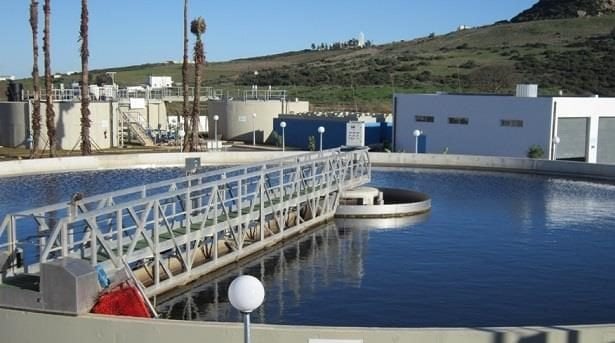The Algerian Minister of Water Resources and Water Security, Karim Hasni recently announced that the newly rehabilitated seawater desalination plant in Zéralda, a suburb of the city of Algiers in northern Algeria has reentered into operation.
Reportedly, the rehabilitated plant is capable of supplying 10,000 m3 of drinking water per day and it will directly benefit over 65 000 people in the city of Algiers.
Also Read: Corso seawater desalination plant construction in Algeria begins
This is the third plant to be delivered as part of a project to upgrade and build four seawater desalination plants in the North African country.
Palm Beach, Ain Benian and Bou Ismaïl seawater desalination plants in Algeria
Other than the seawater desalination plant in Zéralda the government delivered the Palm Beach plant which has a 7,500 m3 per day capacity in August this year, and the Ain Benian plant that has 10,000 m3 per day capacity in September this same year.
The fourth plant under this project to upgrade and build four seawater desalination plants in the North African country is located in Bou Ismaïl, a district of Tipaza province. After expansion, the seawater desalination plant will have a capacity of 10,000 m3 per day against the current 3,000 m3 per day.
Mitigating the effects of water stress in Algeria
Through its various projects, the Algerian government wants to mitigate the effects of water stress, caused by the drought that affects 18 of its wilayas. Five of the wilayas i.e. Oran (Cap Blanc), Tipaza (Fouka), Bourmedes (Cap Djinet), Bejaia and El Tarf, will host new seawater desalination plants, the last of which is expected to be delivered in 2024.
The Algerian Minister of Water Resources and Water Security estimates that these facilities will provide more than 300 000 m3 of drinking water per day to the host wilayas and their immediate neighbors.

Leave a Reply